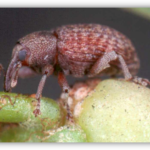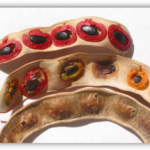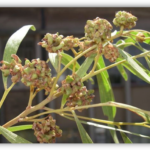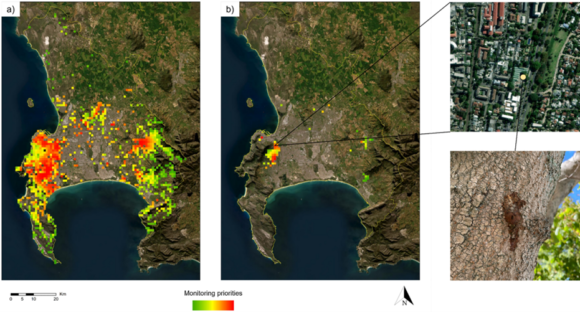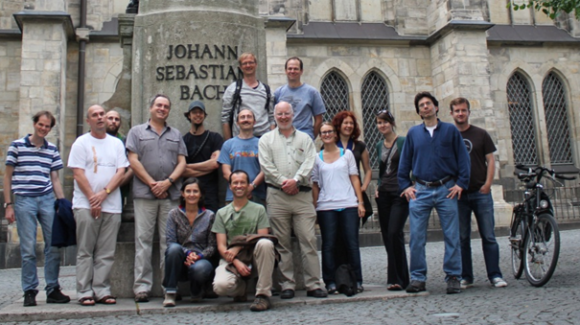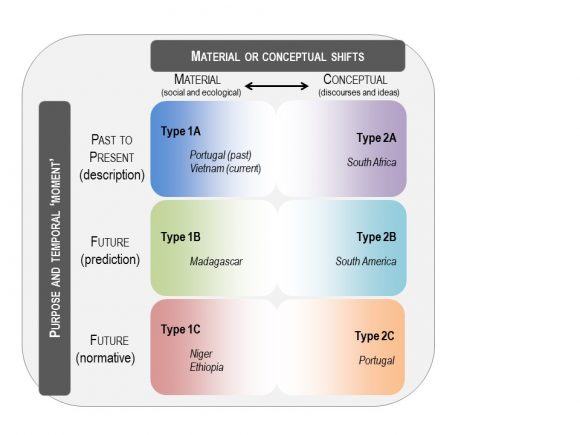8 December 2014 | By Rainer Krug
Invasive alien plant control is an expensive exercise. Traditional control strategies, namely mechanical as well as chemical control and use of fire, are particularly expensive and require re-investment over time. In contrast, the use of biocontrol agents is comparably cheap and often only needs a once off investment.
Biocontrol agents are usually insects, pathogens or fungi which either damage the invasive alien plant itself or reduce the production of seeds. One group of these biocontrol agents are seed attacking agents. These destroy the flowers or the seeds of an alien invasive plant and consequently reduce its seed production.
Predicting how biocontrol agents impact seed production and how seed production reacts, would be an important aid in determining, for example, if a certain agents should be released, if the release of a second agent would be recommended and if the seed production drops to the hoped-for levels, or if it fluctuates widely.
In a paper published by C·I·B researchers, Rainer Krug and Dave Richardson examined a system consisting of two seed-attacking biocontrol agents (a midge, Dasineura dielsi and a weevil, Melanterius servulus) and one invasive alien plant (Acacia cyclops). The authors used a computer simulation model to predict the impact of these biocontrol agents on flowering and seed set. The paper showed that the in the system, even without biocontrol agents, fluctuations are very likely to occur and that the fluctuations increased after the release of the biocontrol agents. Nevertheless, the number of seeds produced was, on average, substantially smaller.
“The scenario, that one biocontrol agent caused the extinction of the other agent was not unlikely, highlighting that special care needs to be taken in selecting each biocontrol agent.” says Rainer Krug, C·I·B Associate and lead author of the paper.
Read the paper
For more information, contact Rainer Krug at Rainer@krugs.de

